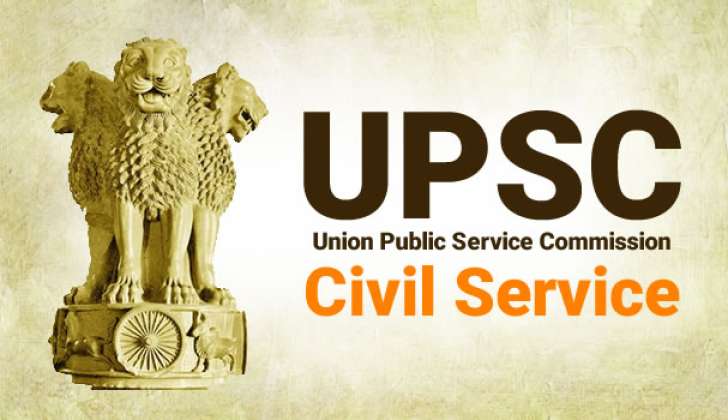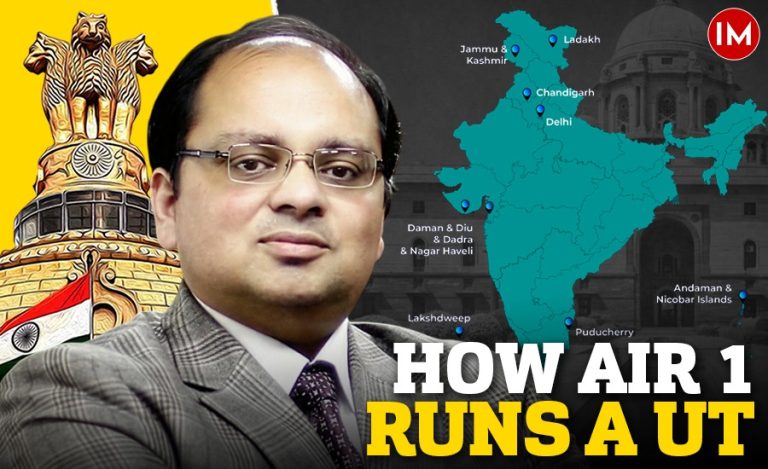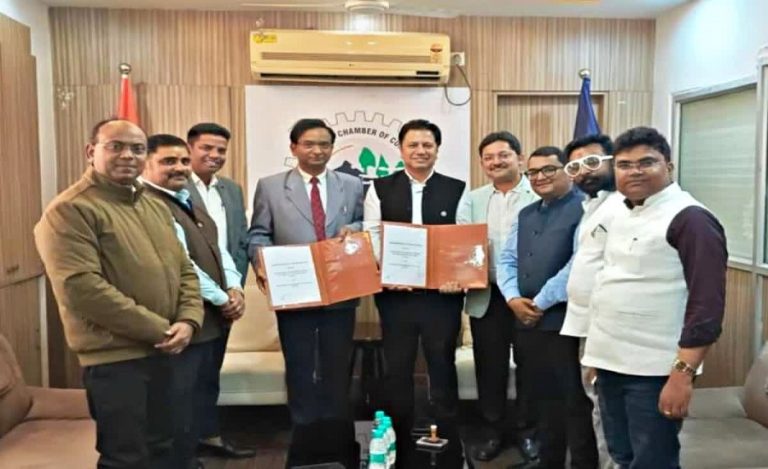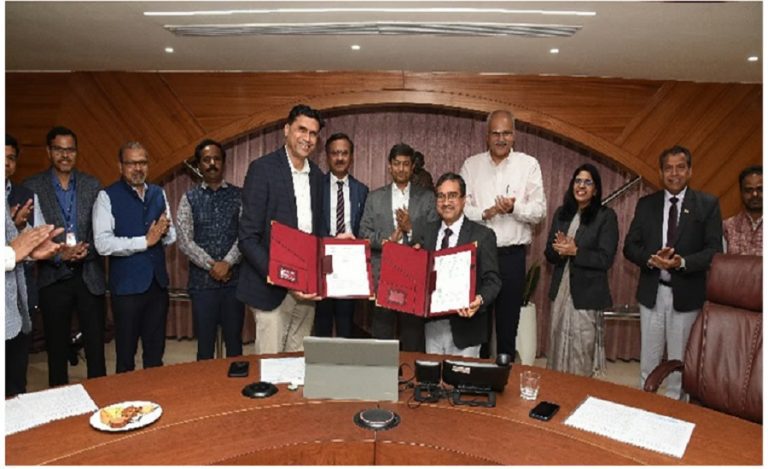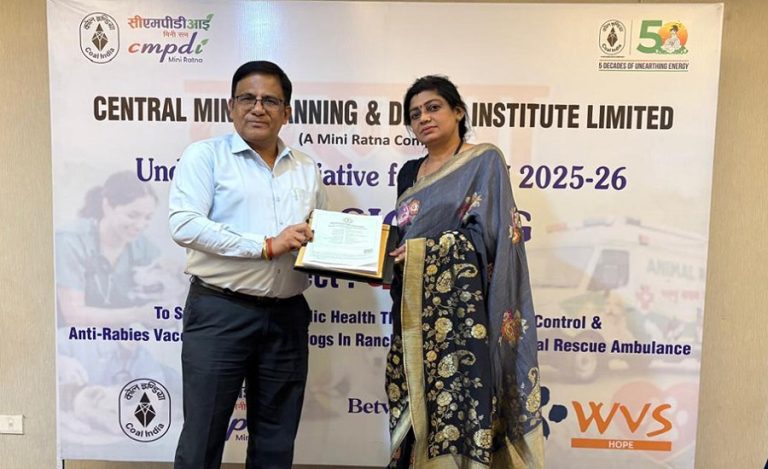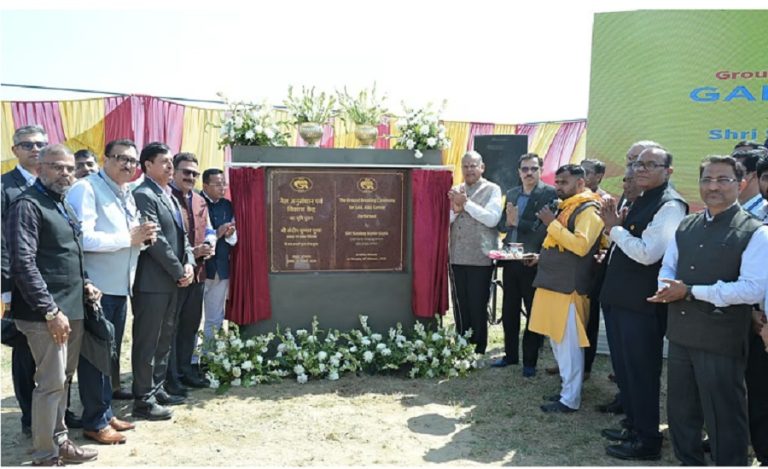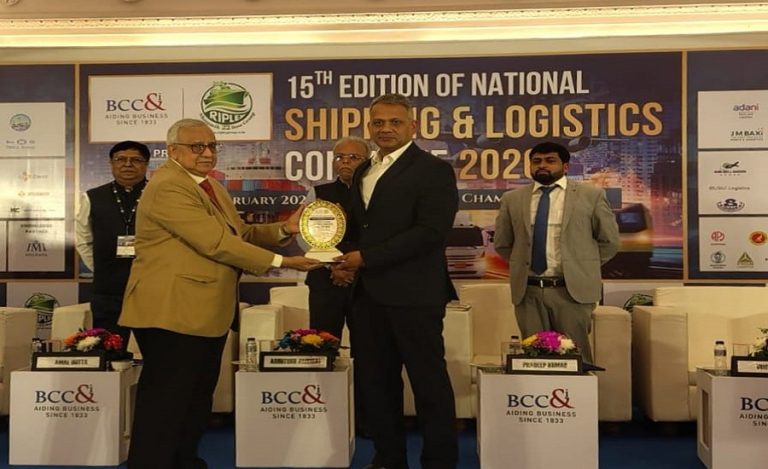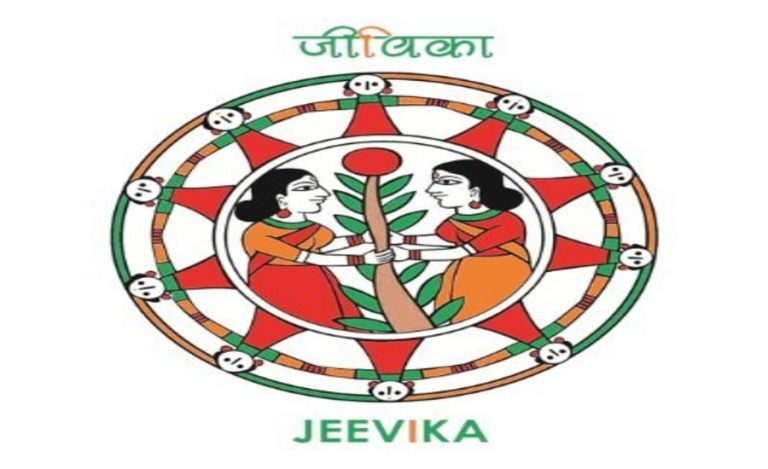Taking forward our special series on job opportunities offered through the joint UPSC CSE exam, we present information about few more services. There are 23 such services to which one can be eligible for being hired based on preferences and All India Rank in CSE.
Today, we bring you details about Indian Postal Service, Indian Railways Account Service and Indian Railway Personnel Service.
INDIAN POSTAL SERVICE
Established during the early colonial period, Indian Postal services comes under the Department of Post, (Ministry of Communications). The officers of this service are responsible for running the India Post. The recruitment is done under the joint UPSC CSE exam and candidates are hired for higher post such as Chief Postmaster General who heads the postal circles, 23 in total. Besides this, the hierarchy also includes Postmaster General, Director of Postal Services, Assistant Postmaster General. Director-General of Post Offices is the highest rank in this service.
After clearing the CSE, the officers first have to undergo training at Rafi Ahmed Kidwai National Postal Academy (RAKNPA) located in Ghaziabad.
The major role of the officers in this service involves managing the services offered by India Post, such as traditional postal services, banking, e-commerce services, disbursing old-age pensions, MGNREGA wages, etc.
INDIAN RAILWAY ACCOUNT SERVICE
Established in around 1930, Indian Railway Account Service (IRAS) is responsible for the management of Accounts and Finance of the Indian Railways. Around 800 officers are part of this cadre and every year 30-40 freshers get into this service through UPSC CSE or parallel promotions.
The probationers of the IRAS undergo a training programme for two years at the National Academy of Direct Taxes in Nagpur, Railway Staff College in Vadodara and specialised training institutes along with construction organizations, division, manufacturing establishments of the Indian Railways, and zonal railways.
IRAS officers are designated as Financial Advisor and Chief Account Officers at the zonal level. Whereas at Division level, they are Divisional Finance Managers.
IRAS cadre has substantial control over the affairs of the Indian Railways, especially the finances. Apart from budget management, their work also involves expenditure control, earnings accountancy, and financial scrutiny of various executives.
Officers of Indian Railway Accounts Service can also be posted in various government ministries on deputation as Deputy Secretary/Director, Joint Secretary, Additional Secretary. They are also sent to various PSUs on deputation to handle finance portfolios.
INDIAN RAILWAY PERSONNEL SERVICE
Indian Railways is one of the biggest recruiters in India with employee strength of more than 1.4 million. To manage this huge number of human resources, IRPS was established and the first officer in this cadre through UPSC was recruited in 1980. Almost 50% of IRPS officers are hired through UPSC CSE. After the recruitment, the probationers’ training is initiated at LBSNAA. After which, they are sent to various institutes like National Academy of Direct Taxes, RCVP Noronha Academy of Administration, Dr Marri Channa Reddy Human Resource Development Institute for further training. The training period is completed at the National Academy of Indian Railways located at Vadodara. They are posted at division, zones, and railways board. The hierarchy at IRPS includes Chairman Railway Board/Member staff, Divisional Railway Manager, Principal Chief Personnel Officer, Principal Executive Director, Director, Senior Divisional Personnel Officer, Divisional Personnel Officer, etc.
The primary responsibility of officers from this cadre is managing the Human Resources of Indian Railways. Their role is recruitment and training of staff through RRB/RRC. They also look after their promotion, retirement, transfers, etc. Besides all that, the IRPS officer also has to deal with provisions of various laws and acts such as Industrial dispute Act, Factory Act, Workman Compensation Act, Payment of Wages, Minimum Wages and their implementation.

